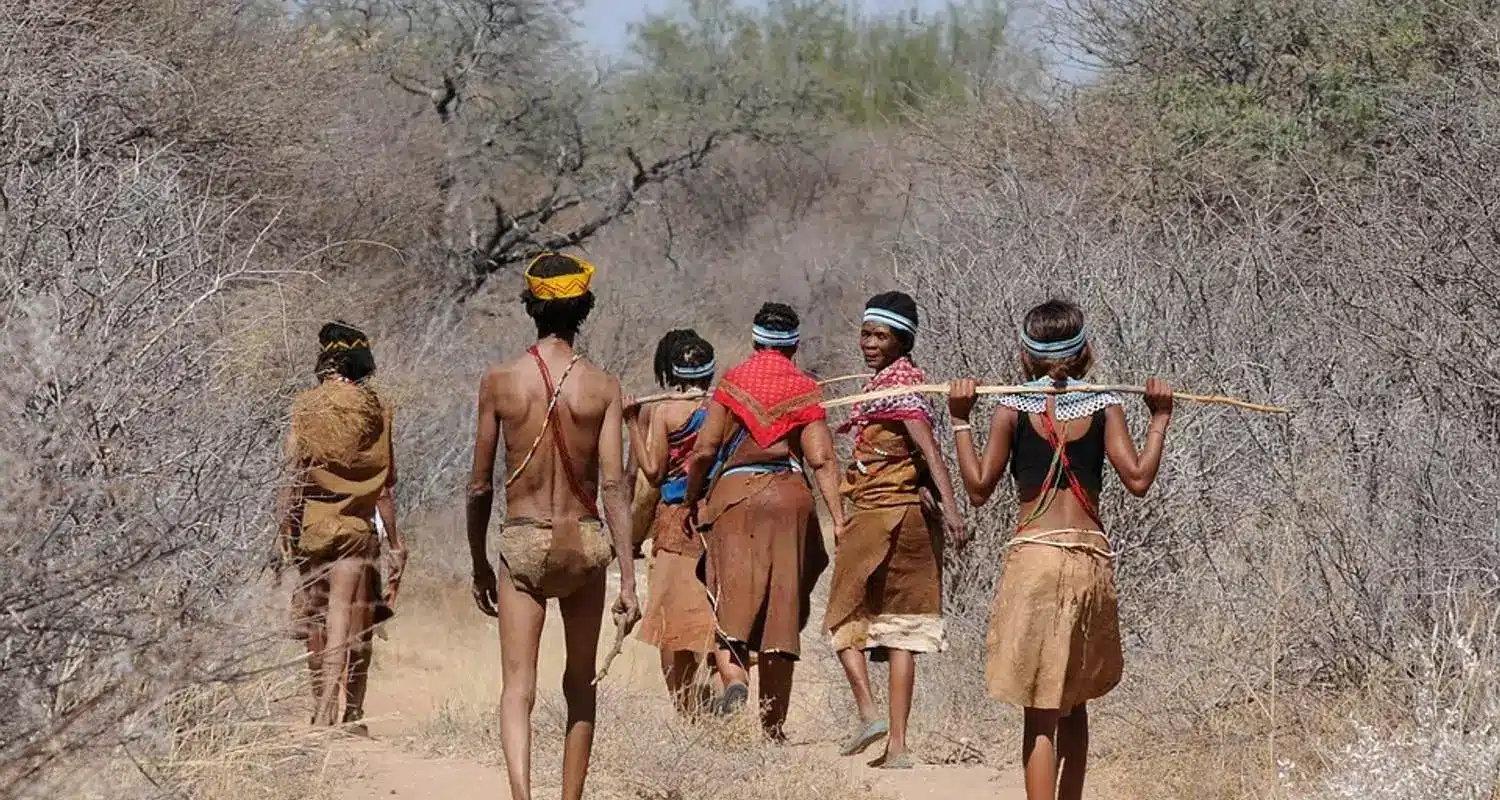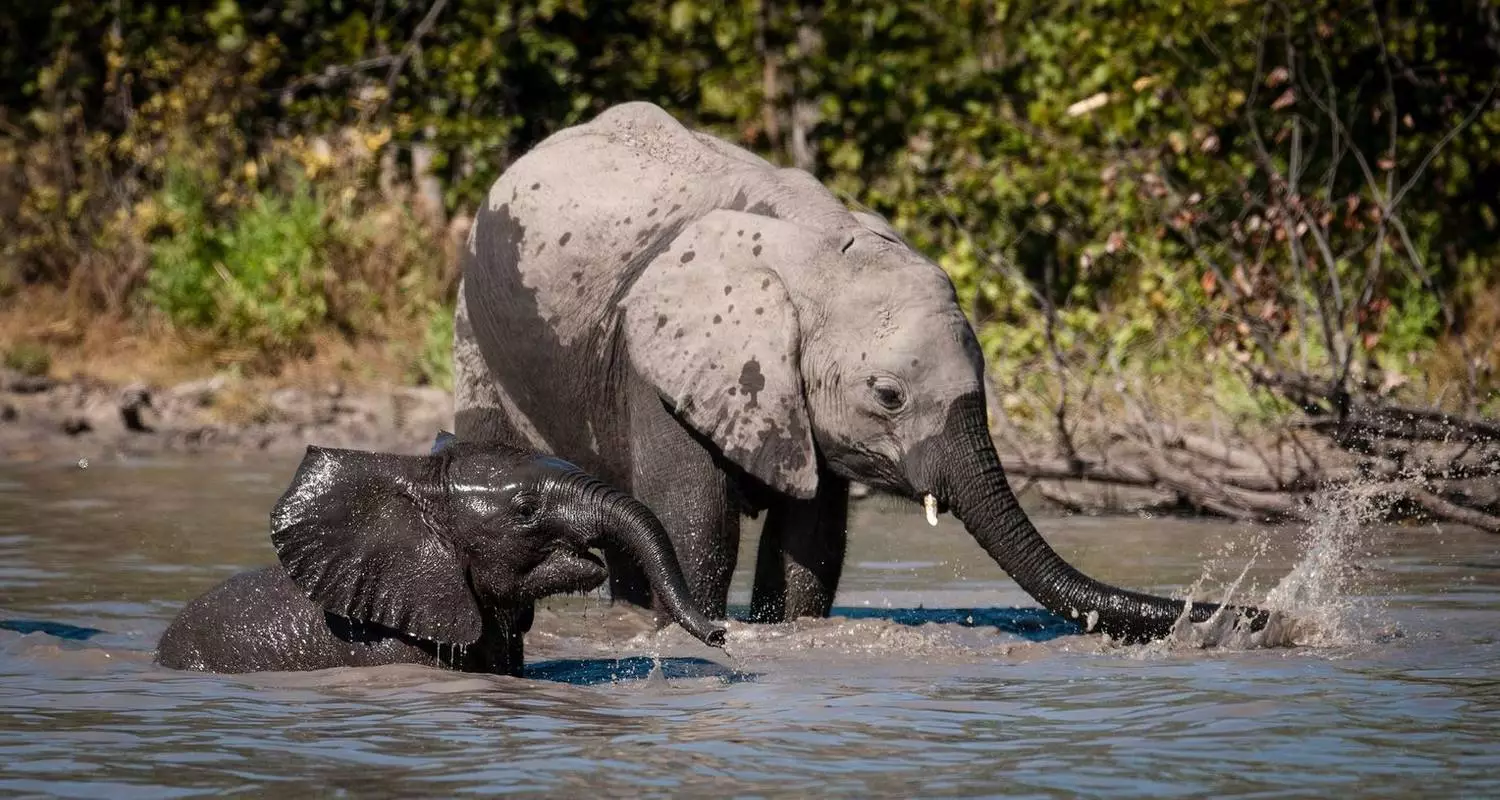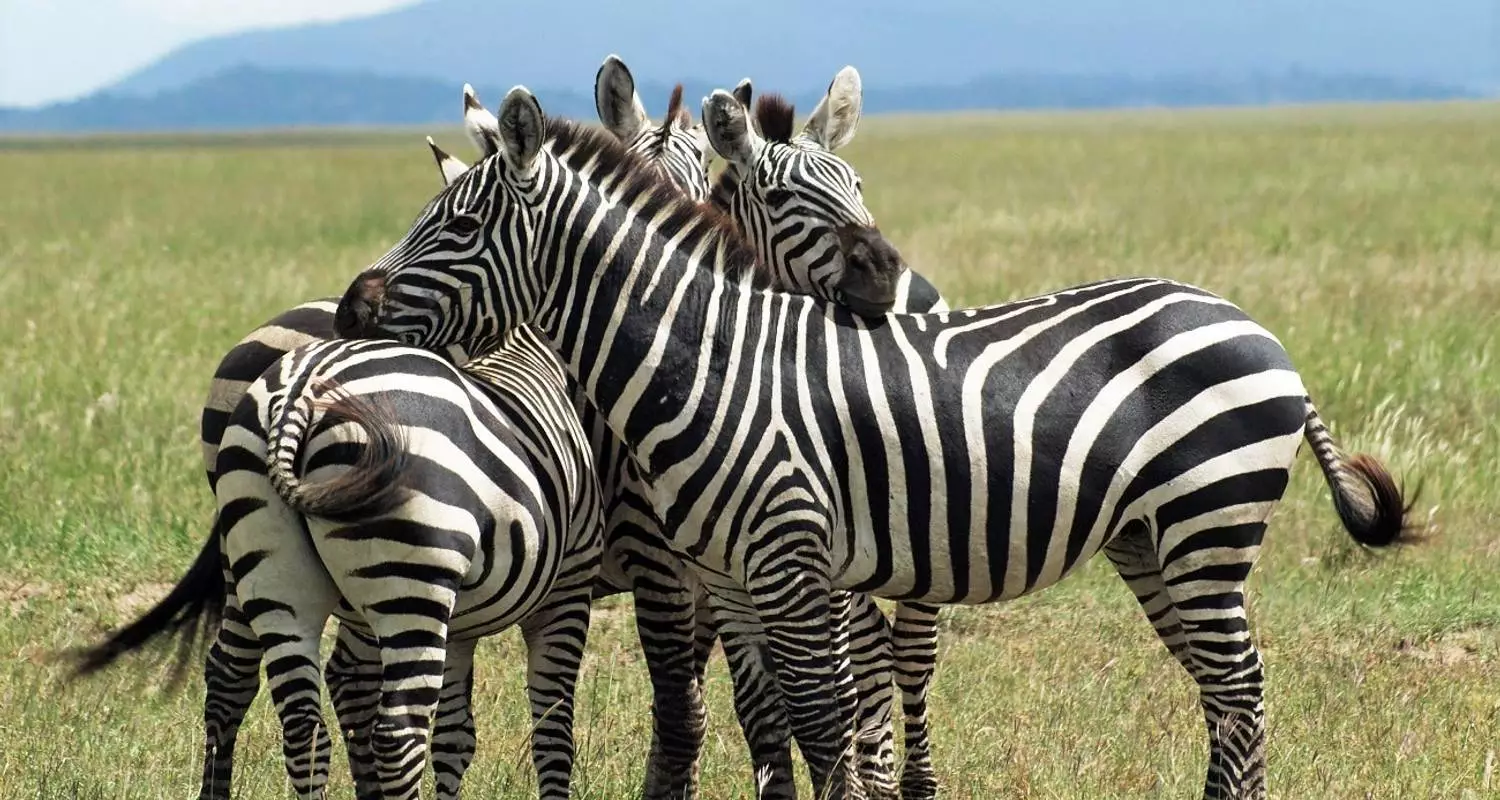We’re here to guide you through the process of planning an affordable African safari. So, dust off those khaki pants and prepare to immerse yourself in the awe-inspiring landscapes and majestic wildlife of Africa.
1. Strategize Your Safari Destination and Duration
Your choice of safari destination is a crucial first step. Eastern and Southern Africa are renowned for their rich wildlife. However, safaris in remote locations tend to be pricier due to operational costs, road accessibility, and the need for charter planes. Opt for fully inclusive safaris that cover your accommodations, meals, and activities. Moreover, combining destinations can lead to additional savings.
Southern Africa boasts key safari countries like South Africa, Namibia, Botswana, Zimbabwe, and Zambia. A short four-hour drive from Johannesburg takes you to Kruger National Park, a vast expanse teeming with archaeological ruins and offering a top-tier wildlife experience in Africa.
In contrast, East Africa encompasses Tanzania, Kenya, Rwanda, and Uganda. Tanzania’s Ngorongoro Crater, one of Africa’s most stunning natural features, houses nearly 30,000 animals, making it one of the world’s most densely populated animal habitats.
For more budget-friendly African safari locations, a little research goes a long way. Websites like Bookallsafaries.com, Safari.com and TourRadar.com are excellent starting points.
2. Choose the Ideal Time for Your Safari Affordable African Safari
Each season in Africa brings its unique advantages and challenges. The dry season from May to August offers excellent conditions for wildlife viewing due to the lack of vegetation and limited water supply. However, it’s worth noting that the dry season can be scorching hot.
To save money, consider traveling during the off-peak “Green Season.” The wet season from October to February could mean cheaper flights and package deals. For instance, Botswana’s rainy season can offer lush landscapes, blooming flowers, and a chance to see newborn animal babies while saving on cash. However, visibility can be hampered during the wet season, and the roads leading to main safari locations may degrade due to water.
For the best prices overall, consider the cusp of the dry season, which is March-May. Offering the best combination of savings, you may not compromise wildlife viewings quite as much as at other times of the year. Aim for the shoulder season for the best months to safari.
3. Determine Your Safari Style Affordable African Safari
There are numerous ways to experience an African safari. Your choice will significantly influence your expenditure. For first-timers, organized tours are a good way to go. For those seeking independent adventure, consider hiring a private guide or embarking on a self-guided tour.
Group safaris can save you a bundle, from minibus tours to backpacker excursions. They’re typically cheaper than private tours because you’re essentially splitting the cost and getting group rates.
Local tour guides, safari companies, and their associated accommodations usually offer cheaper rates than international organizations. They’re the local experts, meaning they specialize in safari trips, destination suggestions, and lodging.
According to some experts, a mobile camping safari may be one of the most cost-effective ways of going on a safari. If you want an experience that truly immerses you in nature, this option is the one for you. A safari expert can help you plan a mobile camping experience or one that combines camping with a few nights in a lodge.
Victoria Falls & Serengeti Overland
Hunt for the perfect snapshot of the ever-elusive Big Five in the Serengeti
4. Select Your Accommodation Wisely
You can save quite a bit by choosing a less luxurious place to rest at night. Also remember the more nights you stay the more money you’ll dish out, and the more lavish the lodging the higher the cost. If you want something between camping and luxury, consider one of the 3-star lodges located just outside of the game areas.
5. Account for Extra Expenses
From picking up safe drinking water bottles and choosing safari clothes to purchasing airline tickets and planning for tips, all the extras can add up. Always check the local embassy website of your destinations to check if you need visas and how much they cost. Check the CDC website or similar for the best information on required vaccinations.
The more economical safari destinations are those with lots of choices for game reserves, ones that charge fees in local currencies rather than U.S. dollars, and those that don’t require visas or vaccinations. Outside major cities, you may have trouble with credit cards, so plan to carry enough cash to get you through your trip.
A smart idea to protect your travel investment is to look into travel insurance. Get a travel insurance quote now.







